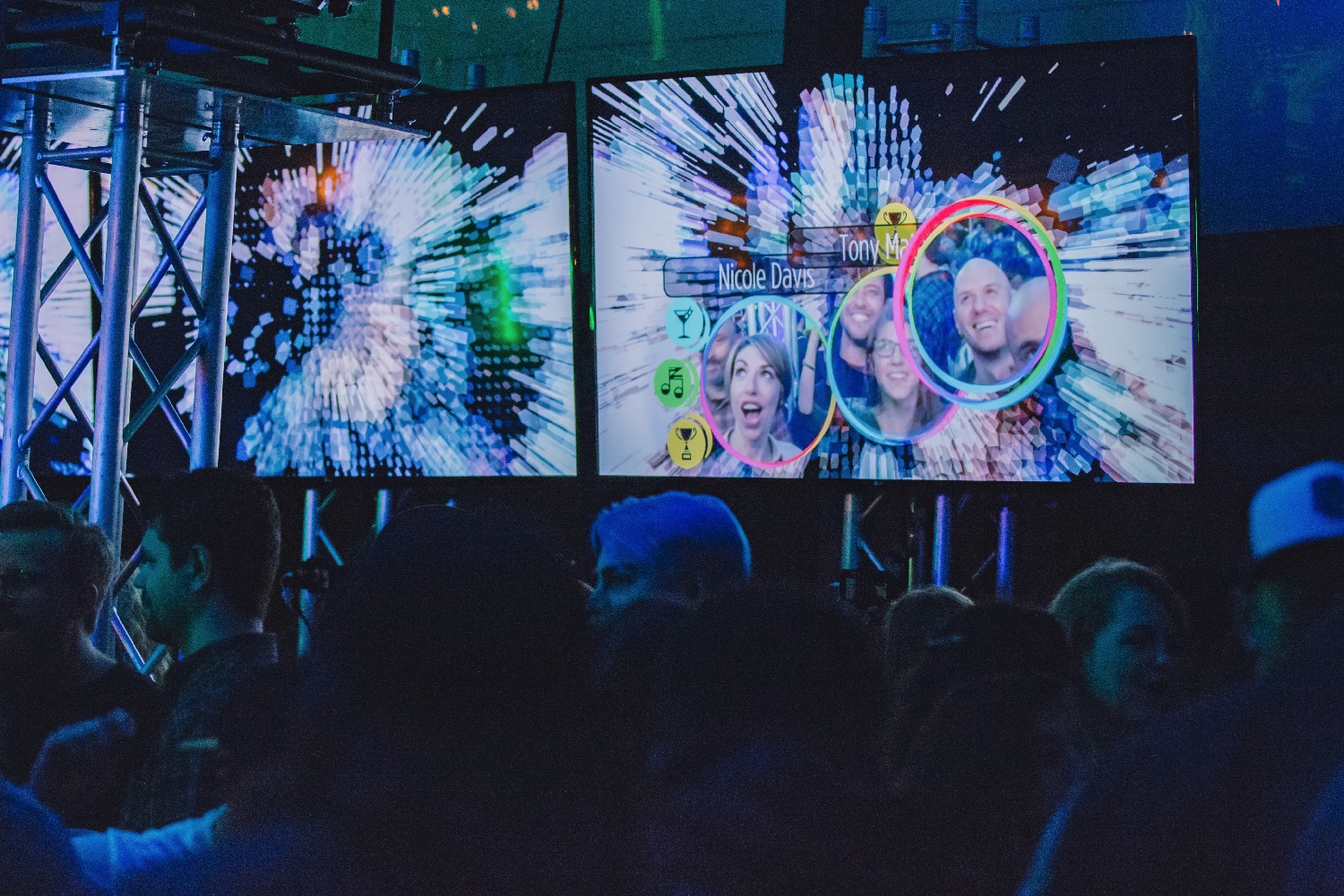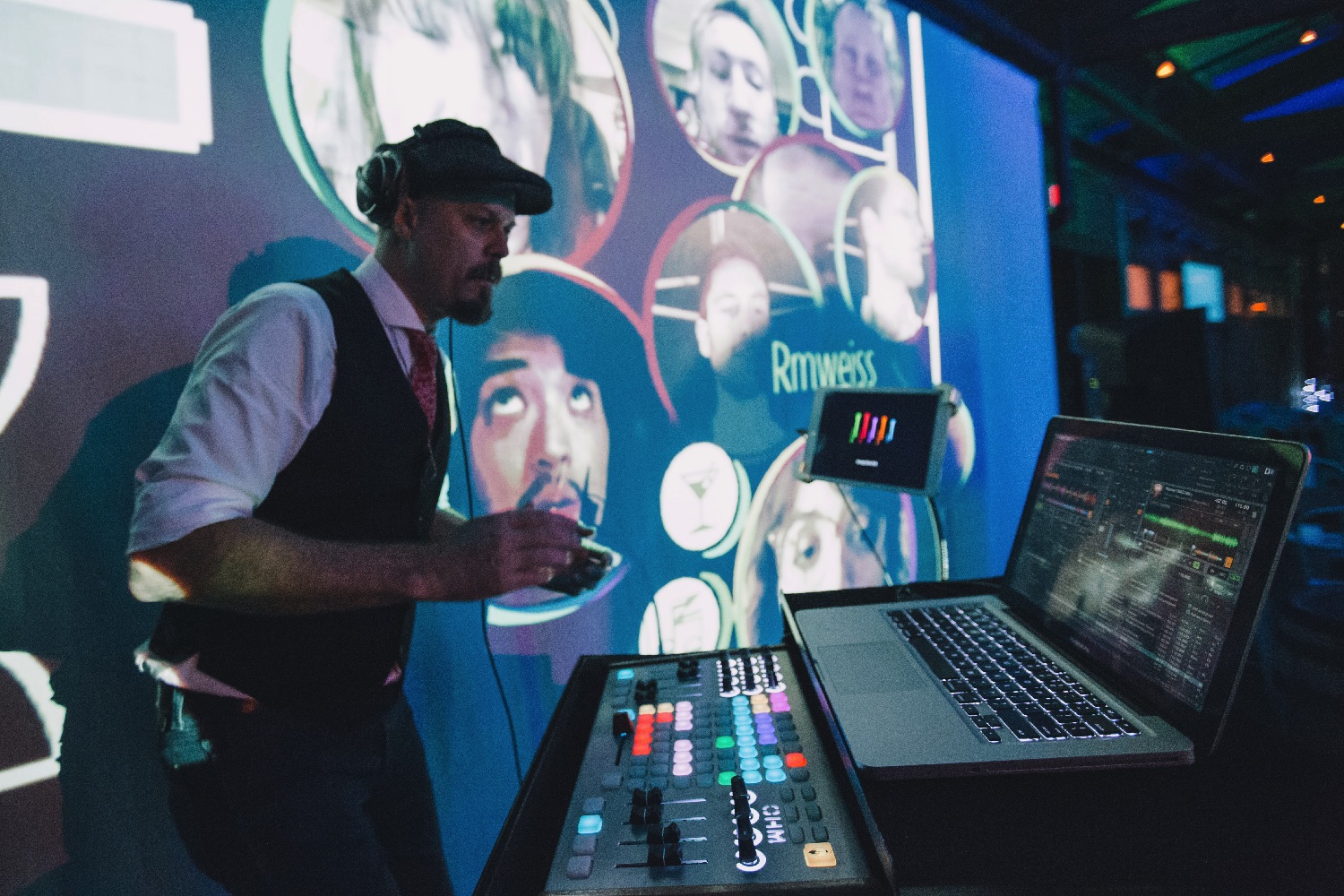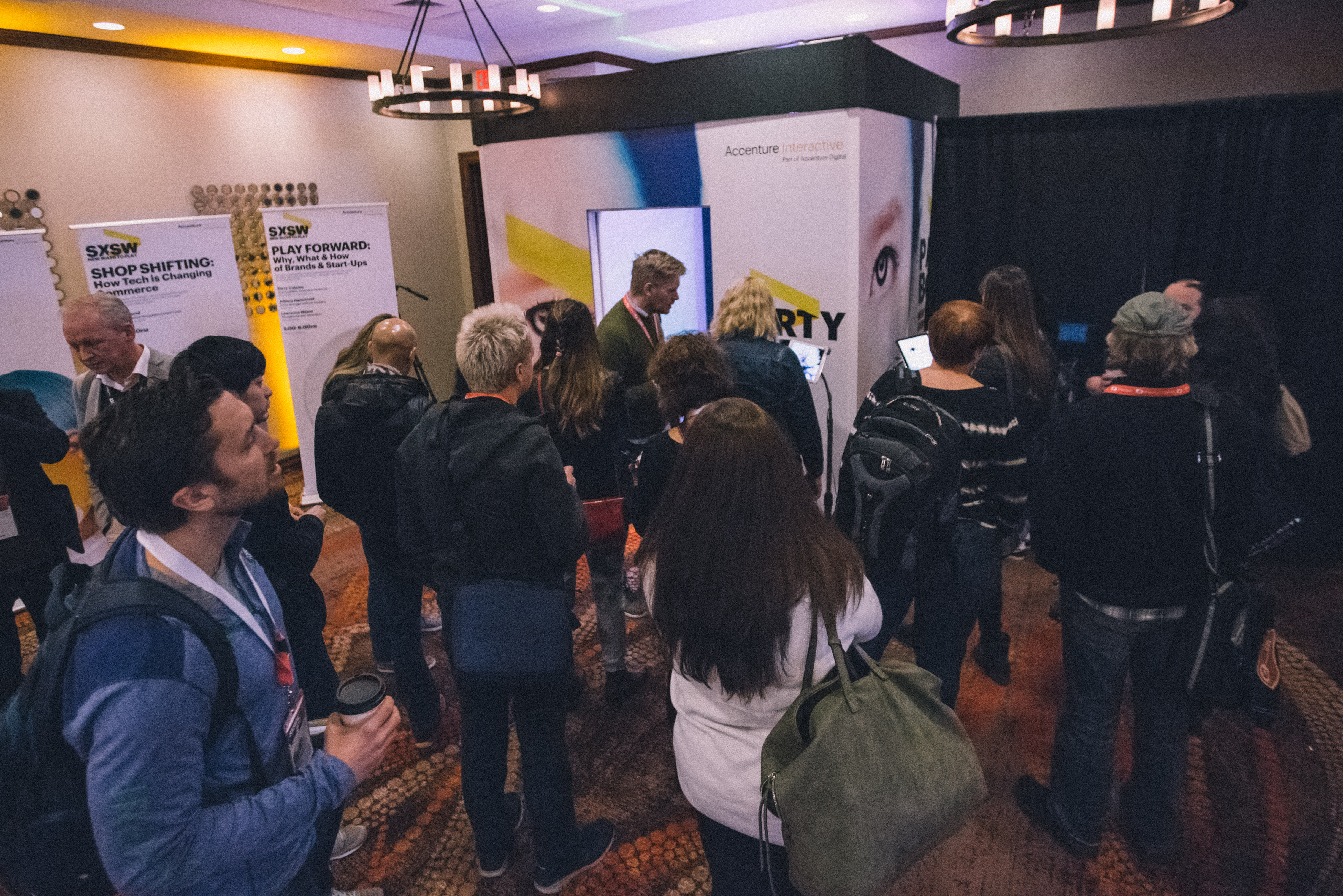While it’s likely better to have some regular human friends to fill this role, you may still be interested to hear about PartyBOT. Created by Accenture Interactive, PartyBOT loves to party. You know that because it totally says so in his name. It’s, like, his thing, man.
PartyBOT debuted at this year’s SXSW party: showing off his AI, facial recognition, and natural language processing technology to figure out the emotions of partygoers, and in the process working out which ones needed to be lured to the dance floor, and then feeding that information to the DJ. Who he totally knows on a first name basis, obvs.
“As demoed at this year’s SXSW, the PartyBOT can recognize when a user arrives at a party, and detect when they’re dancing to certain songs to ultimately provide unique party experiences for their guests,” Matt Murray, the lead creative technologist who worked on the project, told Digital Trends. “Through interactions with the agents’ mobile devices, the PartyBot can learn about users’ music preferences. That data is then analyzed and can be sent to the DJ in real time so the PartyBOT can make an informed decision on what type of music to play to get more users to dance. Once the agents detect movement from the users, they will then receive notifications, which include things like VIP room access and premium beverages to enhance their overall experience.”
As you can see from the video, PartyBOT can be incorporated into parties as a special attraction, with guests’ ability to use him to personalize their party experience helping make proceedings more fun.
However, the plan is that the same technology could be used for other things beyond partying as well.
“The facial recognition element of the AI and the increased capacity for emotion and empathy detection is a technology that goes beyond just the demonstrations at SXSW,” Murray continued. “For example, it could be used with an interactive agent at a hospital. If a patient claims to be in pain, the agent won’t simply assist, but will recognize the patient’s distress and pain and respond in an appropriately understanding and sympathetic manner. This adds a more personal element to the patient experience, and makes for a more comforting interaction.”
Editors' Recommendations
- Facial recognition tech for bears aims to keep humans safe
- U.S. studies new facial recognition tech built with masked faces in mind
- IBM will no longer develop or research facial recognition tech
- Clearview AI’s client list was stolen. Could its massive face database be next?
- UCLA won’t use facial recognition on its campus after it receives backlash






